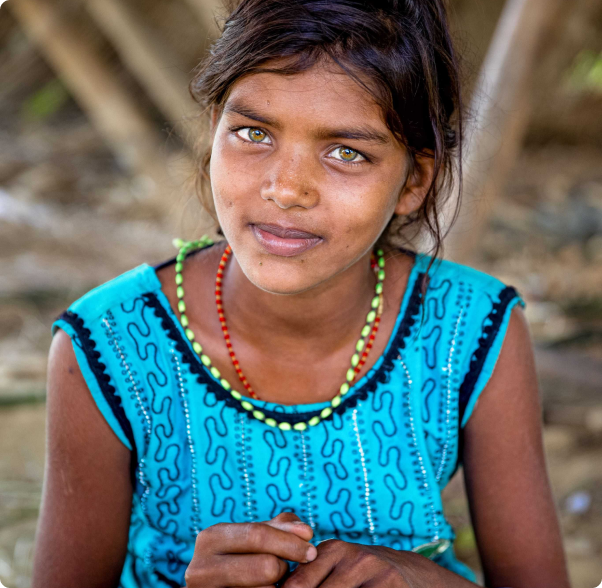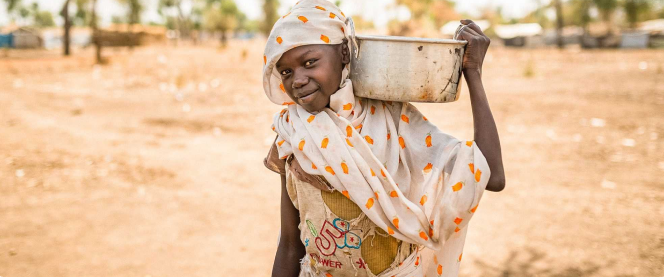Summary
Myanmar, formerly Burma, has more than 100 ethnic groups, and is the largest country in Southeast Asia. The land is mostly covered in forests with a tropical climate and is rich in natural resources such as gems, oil, and natural gas. It shares borders with Bangladesh, India, China, Laos, and Thailand. Over 2,200 Buddhist temples, pagodas, and monasteries (built primarily between the 10th to 14th centuries) are found in the city of Bagan alone, reflecting the immense presence and influence of Buddhism in this country.
The Burmese people have suffered the horrific effects of ongoing warfare since 1942. Formerly a British colony, Myanmar gained its independence in 1948. From 1962 to 2011 it was under the control of a military junta. The military still holds great influence in the government, forcibly repressing popular democratic movements and exploiting the country’s rich natural resources. This has left the nation’s economy in shambles, trapping many in poverty. Additionally, Myanmar suffers the second highest HIV/AIDS rate in southeast Asia, with a reported 54% of adults and 78% of children receiving treatment! The creation and use of illegal drugs is a contributing factor to this epidemic. It has been reported that at least 200,000 households are involved in the production of poppies, the source of illegal opiates. Recently, the largest human exodus since the Vietnam War began as Rohingya Muslims desperately fled what the UN described as “ethnic cleansing at the hands of the military.” The Rohingya have been denied citizenship in Myanmar since 1982, and suffer a long history of conflict with the Burmese militia. Hundreds of thousands have left their homes to seek refuge in areas such as Bangladesh, where their suffering has only continued.
Myanmar is roughly 80% Buddhist, 8% Christian, and 7% Muslim. Approximately 46,000,000 remain unreached with the Gospel, which is 84% of the population! Freedom of religion is restricted, and any group the government considers a threat, including Christians, is harassed, persecuted, and often imprisoned. Buddhism, though no longer considered the state religion, is actively promoted by the military regime. Although the military has attempted to remove Christianity from the nation, the Church continues to grow. Foreign missionaries have been prohibited from working in the nation, but this has not stopped indigenous believers from sharing their faith. It is even estimated that thousands of Buddhist monks have become followers of Jesus!




